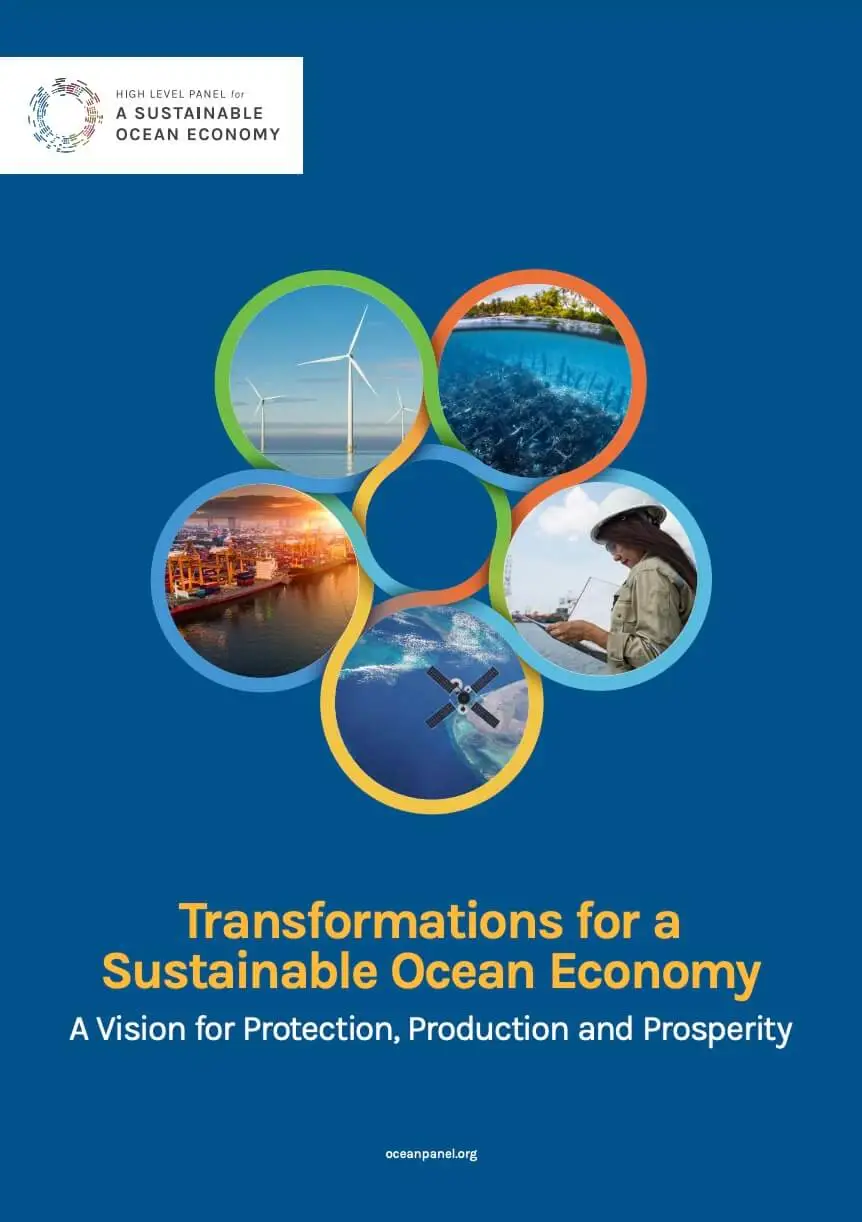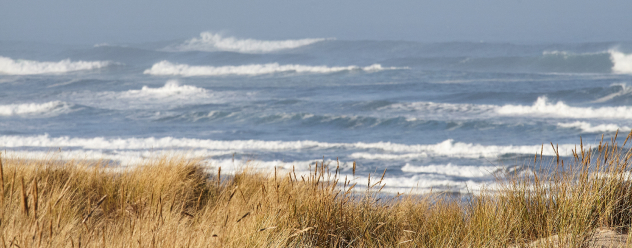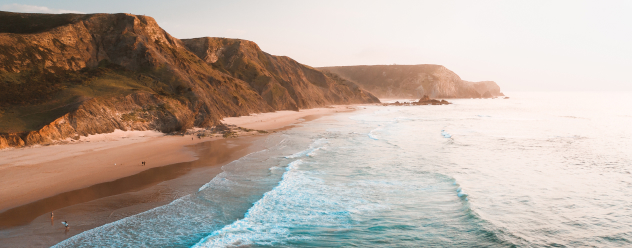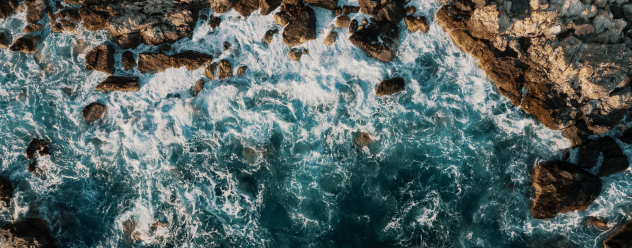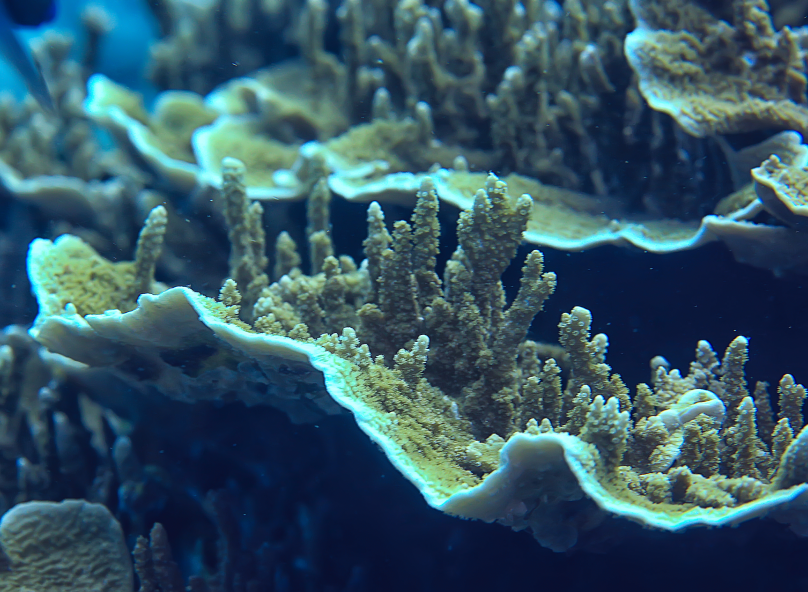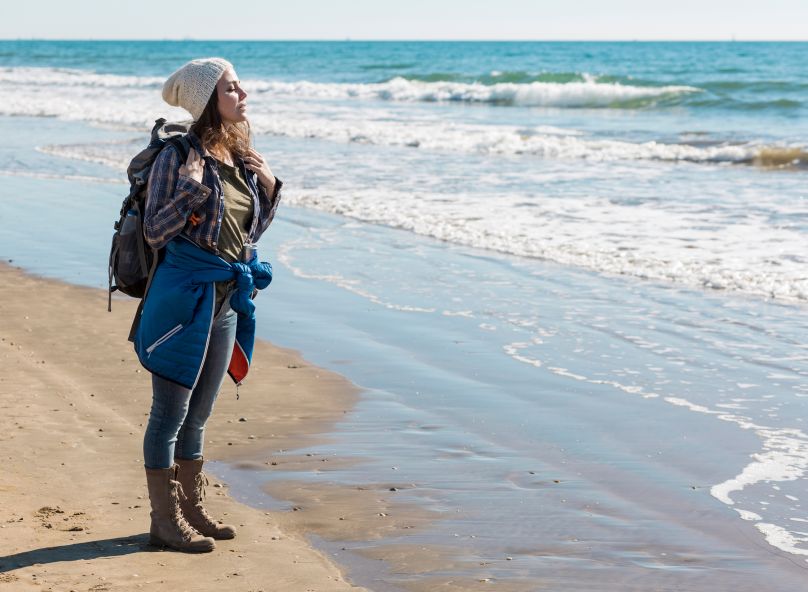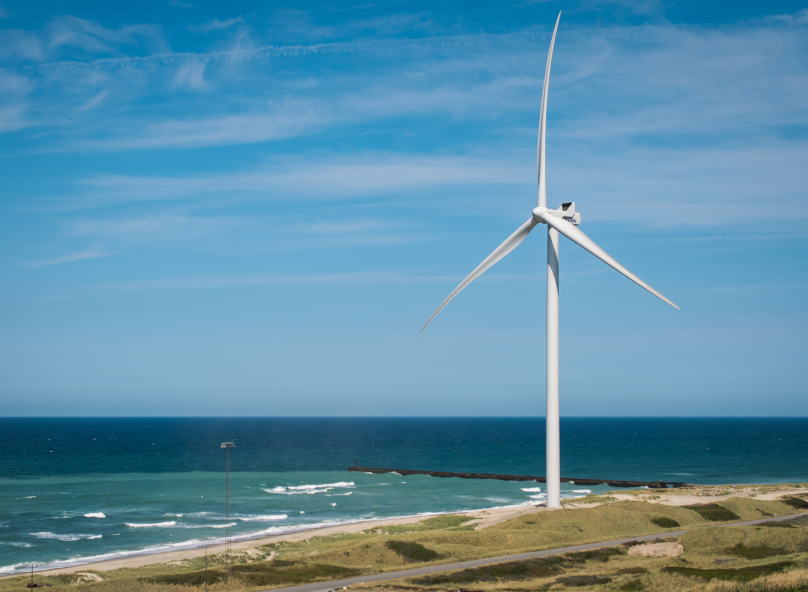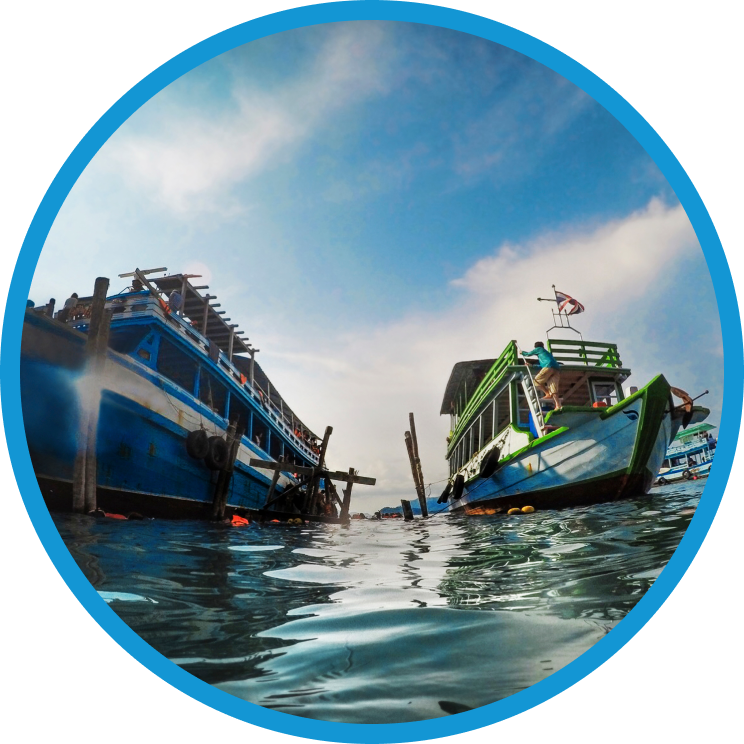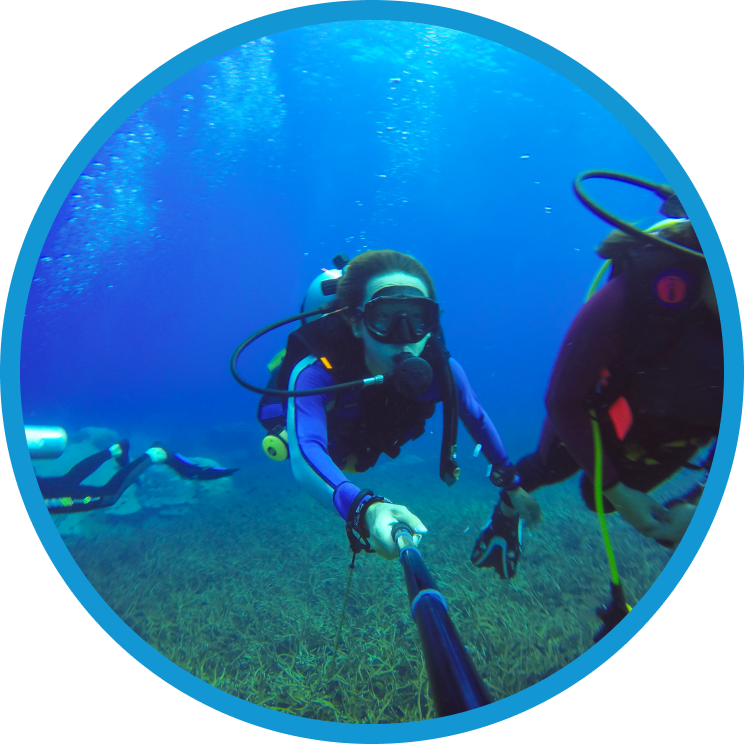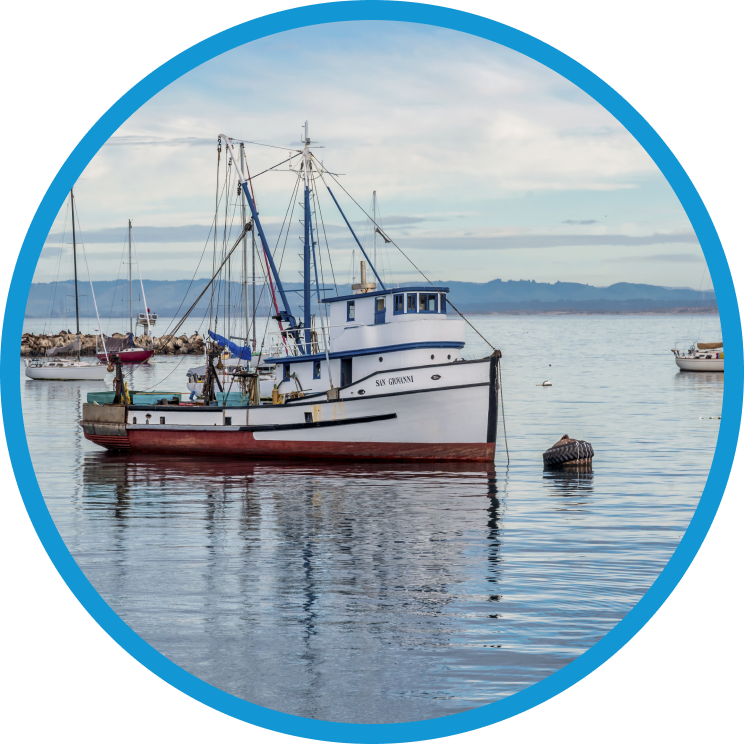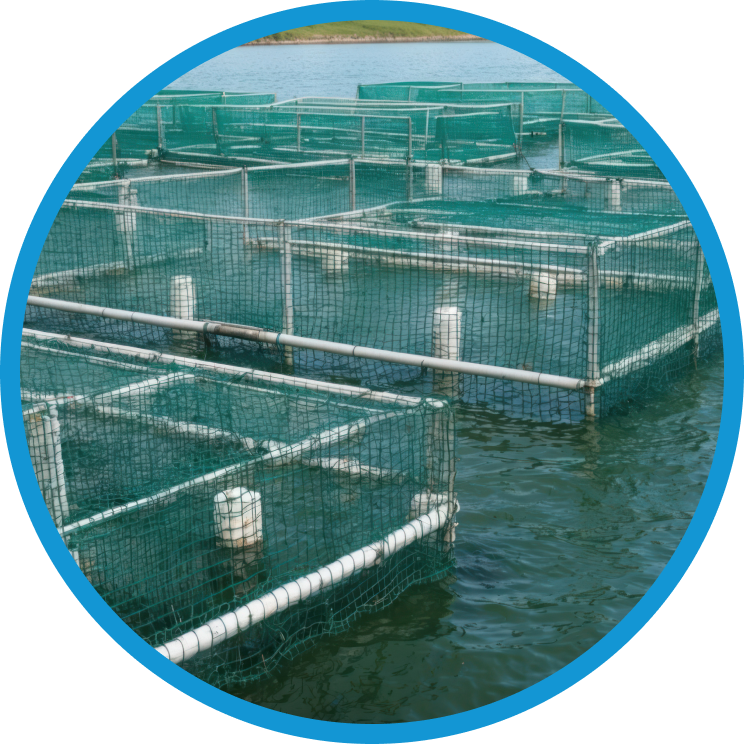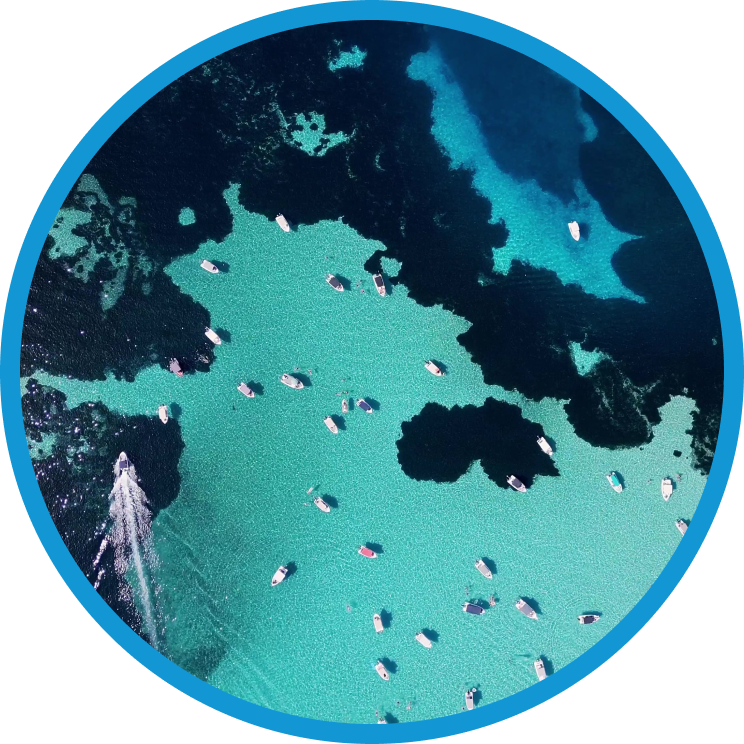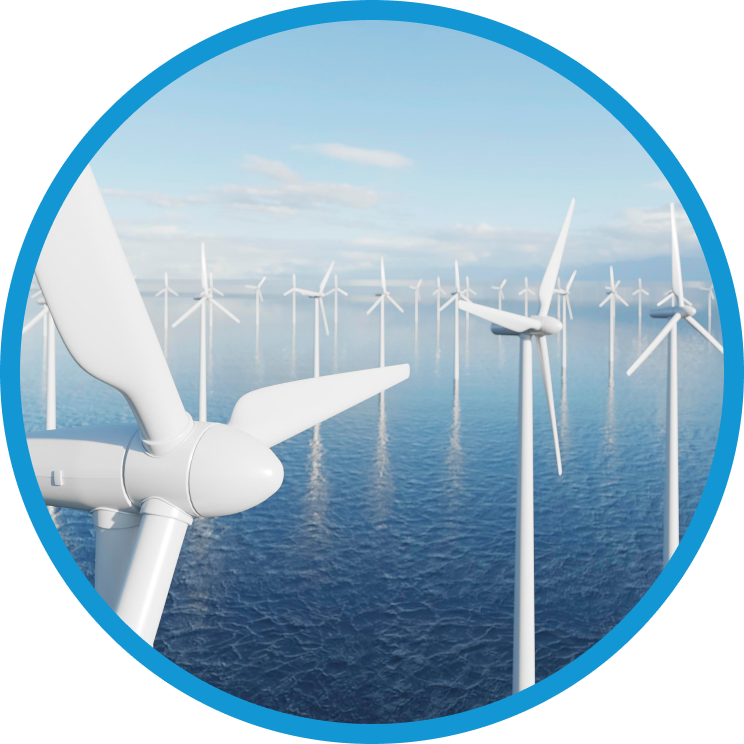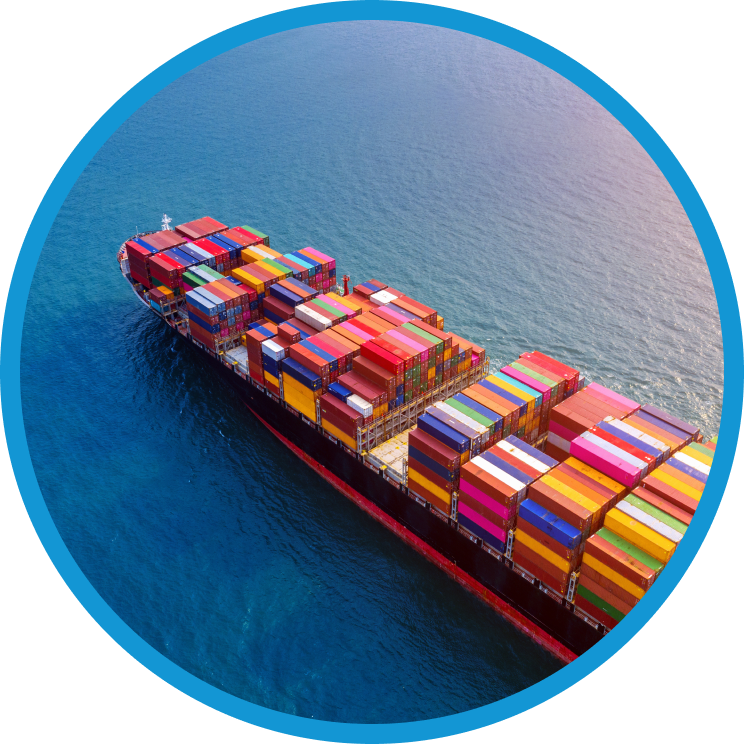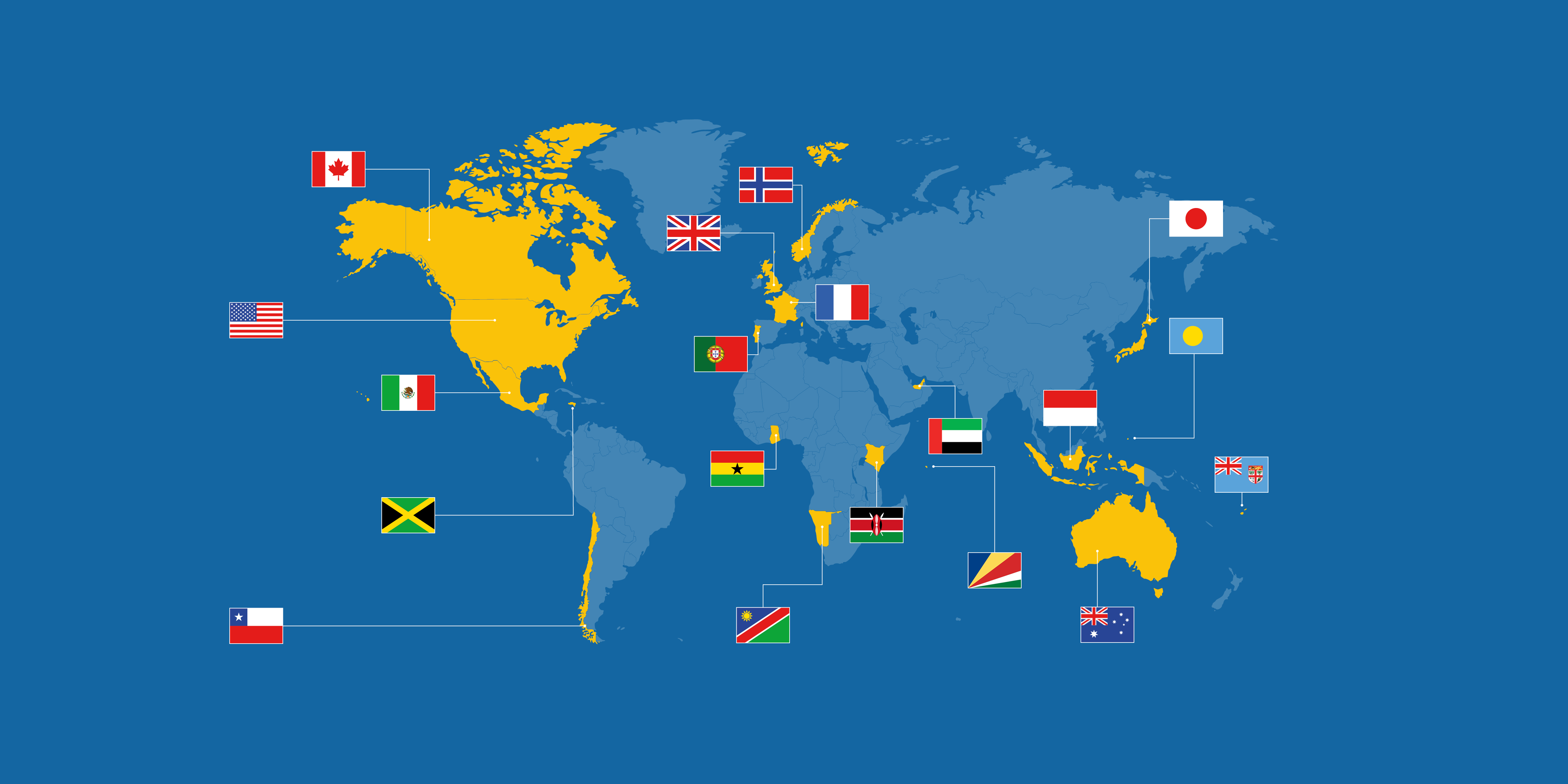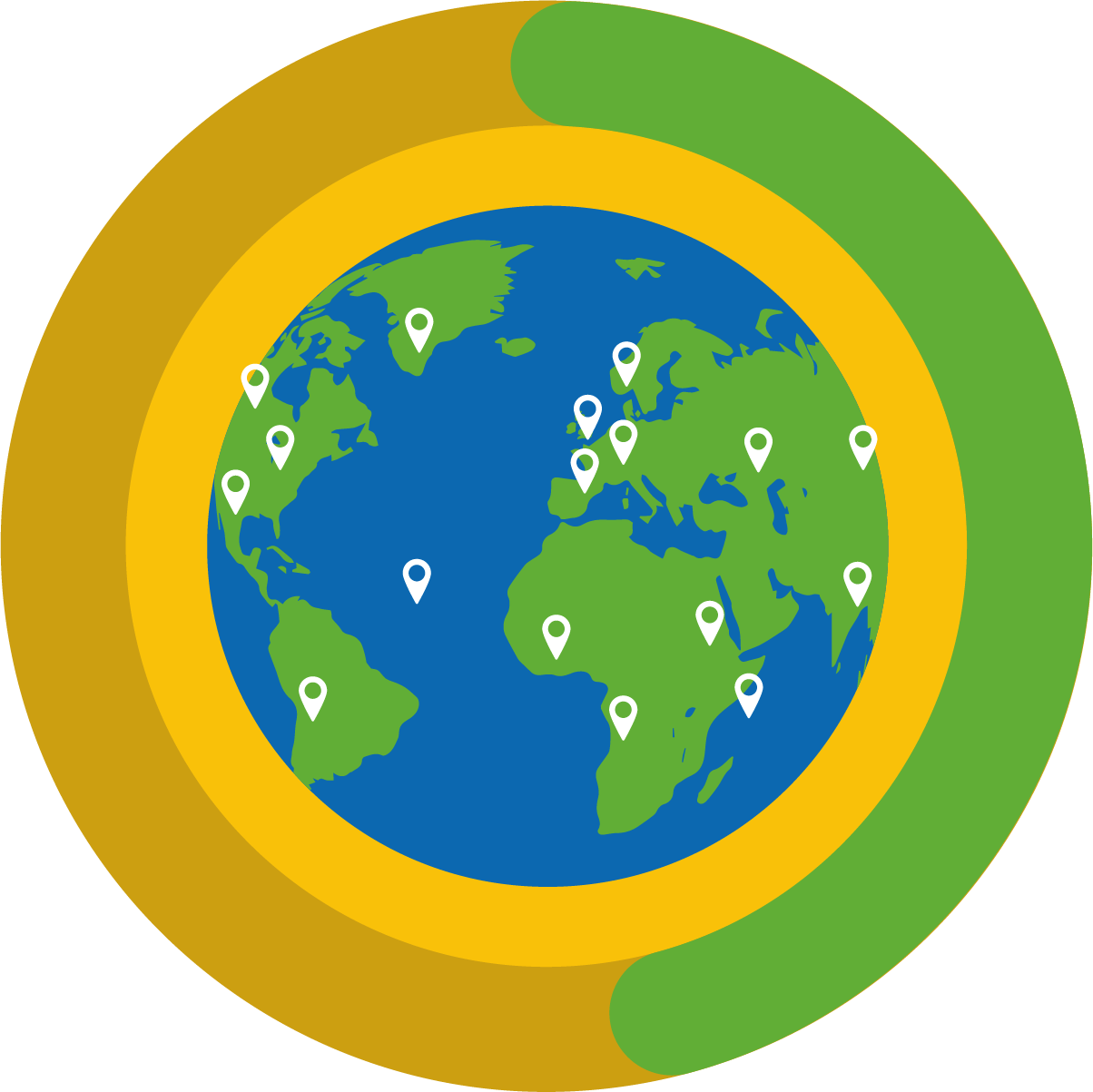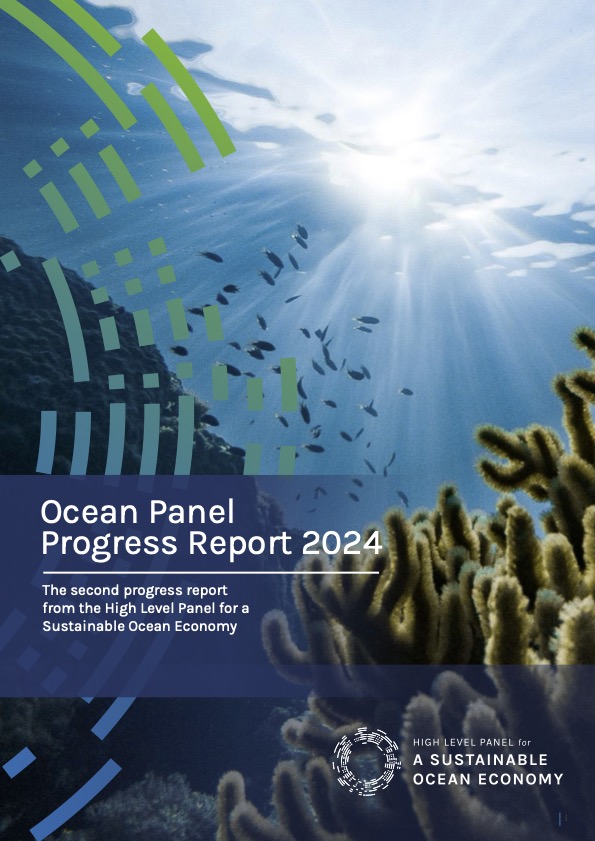海洋小组的行动议程, 可持续海洋经济的转型, published in 2020, charts a course towards achieving protection, production and prosperity through transformations across five areas including 海洋财富, 海洋健康, 海洋权益, 海洋知识, 和 海洋金融.
It presents a framework with 14 outcomes for 2030 within the five pillars and 74 priority actions to achieve them. While Ocean Panel members have not individually committed to achieving all 74 priority actions, recognising different national contexts, they have committed to deliver on the 2030 outcomes.
A central tenet of this agenda is a commitment to 100% sustainable ocean management and for each country to develop and implement a 可持续海洋计划 (SOP) within five years of joining the Ocean Panel.

